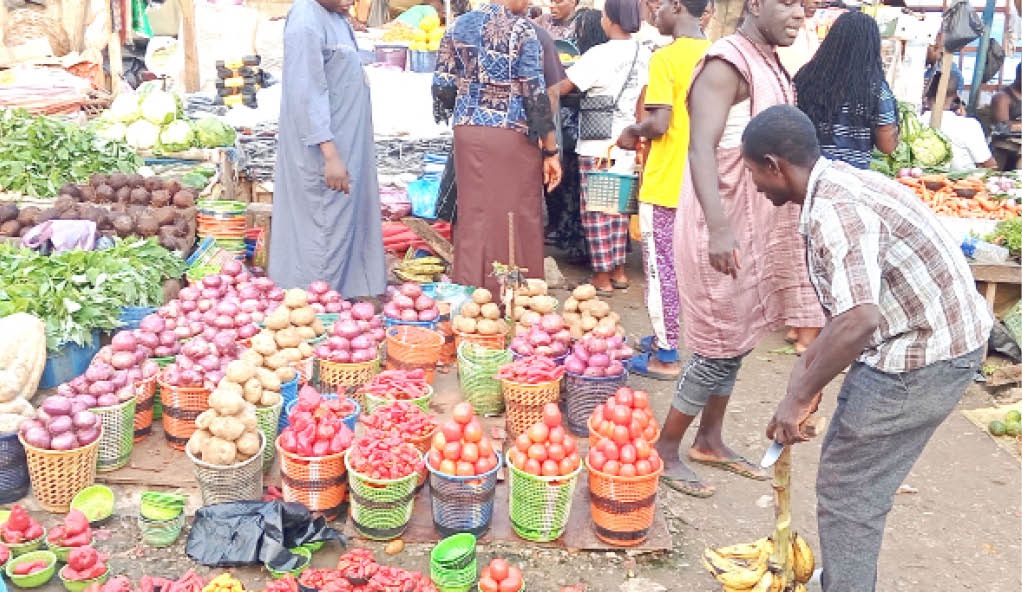Farmers and the Federal Government are at odds over the recent sharp drop in food prices across Nigeria, with both sides offering different explanations for the sudden price crash.
Many farmers and their associations attribute the fall in prices to the massive importation of food items recently approved by the government. They claim that the influx of imported grains and processed foods has flooded local markets, forcing down the prices of homegrown produce and leaving farmers unable to recover their investments.
The Minister of State for Agriculture and Food Security, Aliyu Sabi Abdullahi, however, dismissed this claim. He said the decline in prices is a direct result of increased local production made possible by the government’s agricultural support programmes. According to him, initiatives such as the National Agricultural Growth Scheme and Agro-Pocket Programme have boosted yields across the country, leading to greater food availability and lower prices.
Despite this official position, farmers continue to raise the alarm over what they describe as crippling losses. Many say they invested millions of naira in cultivating crops such as maize, rice, cassava, and millet but are now unable to sell at prices that even cover production costs. The soaring cost of inputs like fertiliser, herbicides, and labour has further worsened their situation, pushing many smallholder farmers to the brink.
Across major rural markets in the Federal Capital Territory and other states, the prices of staples like maize, millet, sorghum, yam, cassava flour, and garri have dropped by as much as 50%. While this has brought temporary relief to consumers battling high living costs, it has also discouraged farmers, some of whom say they are considering abandoning food crop production entirely.
Agriculture experts warn that if the trend continues, Nigeria could face a decline in domestic food production in the coming season, potentially reversing the short-term price relief consumers are enjoying. They urge the government to balance its import policies with measures that protect local farmers and sustain production incentives.


